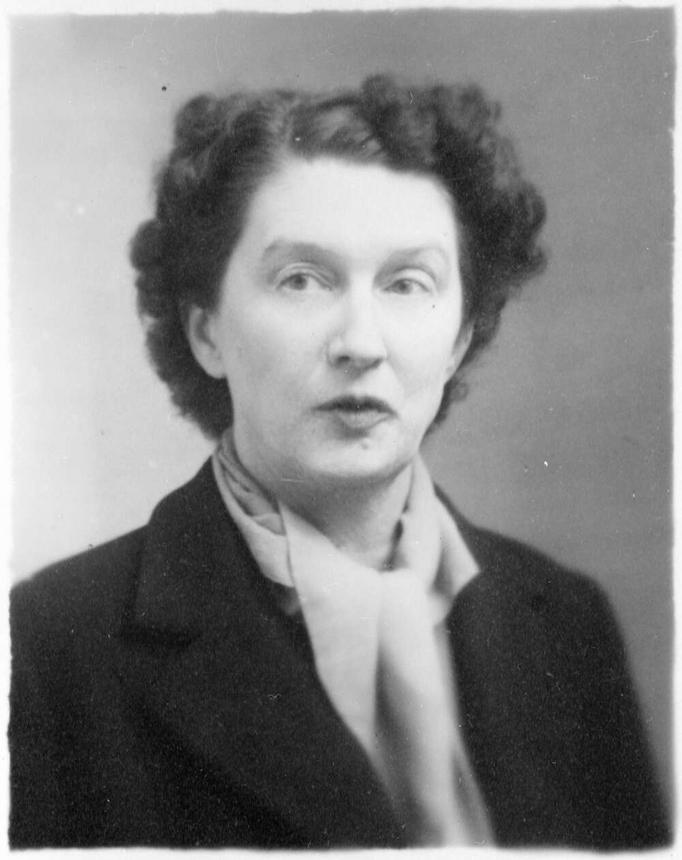The Beauties and Furies
Text Classics
Christina Stead
Introduction by Margaret Harris
The express flew towards Paris over the flooded March swamps. In a parlour-car, the melancholy dark young woman looked out persistently at the sand-dunes, cement-mills, pines, the war-cemetery with stone banners like folded umbrellas, the fields under water, the bristling ponds with deserted boats and the little naked trees which marked the horizon-searching roads.
It is 1934, and Elvira Western has left London and her dull marriage to Paul, a doctor, for Paris and her waiting lover, Oliver, a student radical. But drab hotels and interminable discussions of politics are not her idea of romance, and soon Elvira is wishing she could leave the city of ‘many beauties—and furies’, and return home…
Christina Stead’s second novel dramatises a love triangle against a backdrop of political upheaval. Its publication in 1936 prompted a writer for the New Yorker to call Stead the ‘most extraordinary woman novelist’ since Virginia Woolf.
‘The Beauties and Furies is a challenging novel of breathtaking ambition. Surrender to it, and marvel.’ Read Margaret Harris’s introduction at the Conversation.
andThe Beauties and Furies
‘Stead is of that category of fiction writer who restores to us the entire world, in its infinite complexity and inexorable bitterness, and never asks if the reader wishes to be so furiously enlightened and instructed, but takes it for granted that this is the function of fiction.’
‘I cannot see how anyone can deny Miss Stead’s position as the most extraordinary woman novelist produced by the English-speaking race since Virginia Woolf.’
‘It’s not easy to explain how much pleasure there was in reading Christina Stead’s second novel The Beauties and Furies…It is such a dynamic novel, rich with wonderfully complex characters and a compelling storyline…The Beauties and Furies is a brilliant novel.’
‘Stead paints an enticing, kinetic picture of Parisian café life and rented lodgings, friendly prostitutes and dissipated journalists, a sort of update of A Moveable Feast spiced with the rising threat of fascism. She also shows the influence, as the helpful introduction notes, of Joyce’s Ulysses, with a resourceful lexicon of wordplay, stream of consciousness and bravura passages that stand out from her conventional prose the way Marpurgo’s evil overshadows the small sins of adultery. A welcome reissue of an intriguing, atmospherically rich work.’








